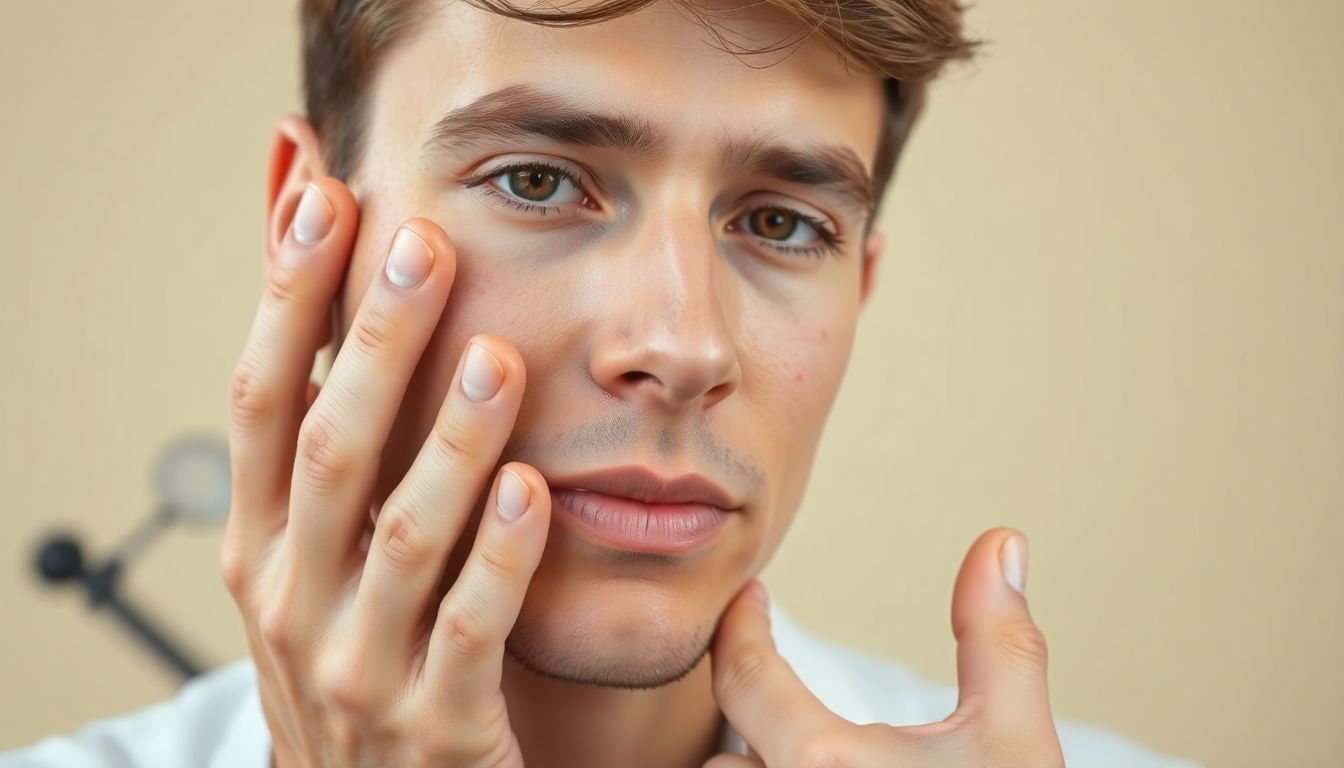What will a dermatologist do for acne?

What Will a Dermatologist Do For Acne? Your Guide to Clearer Skin
Imagine waking up every day with clear, confident skin. Millions struggle with acne, making that dream feel out of reach. What if a solution was just a doctor's visit away?
A dermatologist is a skin expert. They can give you personalized and effective treatments. Acne comes in different forms, such as comedonal, inflammatory, and cystic. Getting the right diagnosis is key. Let's explore what dermatologists do to help you fight acne.
Diagnosis and Assessment: Understanding Your Acne
The first step is an initial consultation. The dermatologist needs to learn about your skin. This helps them create the best treatment plan.
Medical History and Lifestyle Review
The dermatologist will ask lots of questions. They'll want to know about your medical history. Current meds, skincare, what you eat, and stress are important. They also ask about family history of acne. All these things affect acne.
Physical Examination and Acne Grading
The dermatologist will look closely at your skin. They'll spot what kinds of acne you have. Blackheads, whiteheads, or cysts? They will check how bad the acne is. They often use a scale to grade it.
Possible Diagnostic Tests
Sometimes, tests are needed. Hormone checks help women with hormonal acne. Bacterial cultures find strange infections. These tests are not common, though.
Topical Treatments: The First Line of Defense
Topical treatments are often the first thing a dermatologist will suggest. These are creams and gels you put right on your skin.
Retinoids: The Gold Standard
Retinoids are super helpful. Tretinoin, adapalene, and tazarotene are examples. They clear pores and calm swelling. These also stop new acne from popping up. Your skin might get dry or irritated. Use them at night to help prevent this. Sunscreen during the day is very important.
Topical Antibiotics: Targeting Bacteria
These medicines kill acne bacteria. Clindamycin and erythromycin are common. They also reduce redness. Bacteria can become resistant to them. So, they're often used with other treatments.
Other Topical Medications
Benzoyl peroxide is another option. It kills bacteria and reduces swelling. Salicylic acid helps unclog pores. Azelaic acid calms skin and fades dark spots.
Oral Medications: Stepping Up the Treatment
For tougher acne, pills might be needed. A dermatologist might suggest oral medications for more severe or resistant acne.
Oral Antibiotics: A Systemic Approach
These antibiotics work throughout your body. Tetracycline, doxycycline, and minocycline are used. They kill bacteria everywhere. You could get an upset stomach. You might become more sensitive to the sun. These are usually short-term fixes. This keeps bacteria from becoming resistant.
Isotretinoin: A Powerful Solution
Isotretinoin, like Accutane, is very strong. It shrinks oil glands and reduces swelling. It also stops new acne from forming. There are side effects. Dry skin, dry eyes, and nosebleeds can happen. Mood changes are also possible. If you're pregnant, this can cause birth defects. Doctors watch you closely when using this.
Hormonal Therapies: Addressing Hormonal Acne
Birth control pills and spironolactone help with hormones. They can reduce acne in women. Know the side effects and benefits.
In-Office Procedures: Enhancing Treatment Outcomes
Dermatologists can do things in the office too. These improve acne and scars.
Chemical Peels: Exfoliating for Clarity
Chemical peels exfoliate your skin. This unclogs pores and reduces redness. Glycolic, salicylic, and TCA peels are options. The right one depends on your skin.
Comedone Extraction: Removing Blemishes
They can manually remove blackheads and whiteheads. Special tools are used. This is better than trying to do it yourself at home.
Corticosteroid Injections: Targeting Inflammatory Lesions
These shots quickly reduce swelling. They flatten painful cysts. There can be side effects, though.
Laser and Light Therapies: Reducing Bacteria and Inflammation
Blue light, red light, and pulsed dye lasers are options. They kill bacteria and reduce redness. They can also help with acne scars.
Long-Term Management and Prevention
Keeping your skin clear takes work. Here's how to prevent future breakouts.
Skincare Routine Optimization
Use gentle, non-comedogenic products. Cleanse, moisturize, and protect from the sun.
Lifestyle Modifications
What you eat and how you handle stress matters. Get enough sleep. Reduce sugar and processed foods. Try yoga or meditation.
Ongoing Monitoring and Follow-Up
Keep going to the dermatologist. They'll check your progress. They can change your meds if needed.
Conclusion
Seeing a dermatologist for acne has big benefits. They create a plan just for you. This will help you get clear skin.
Schedule a visit with a dermatologist. Start your journey to clear skin.
Treating acne takes time. Be patient and consistent.

.webp)


